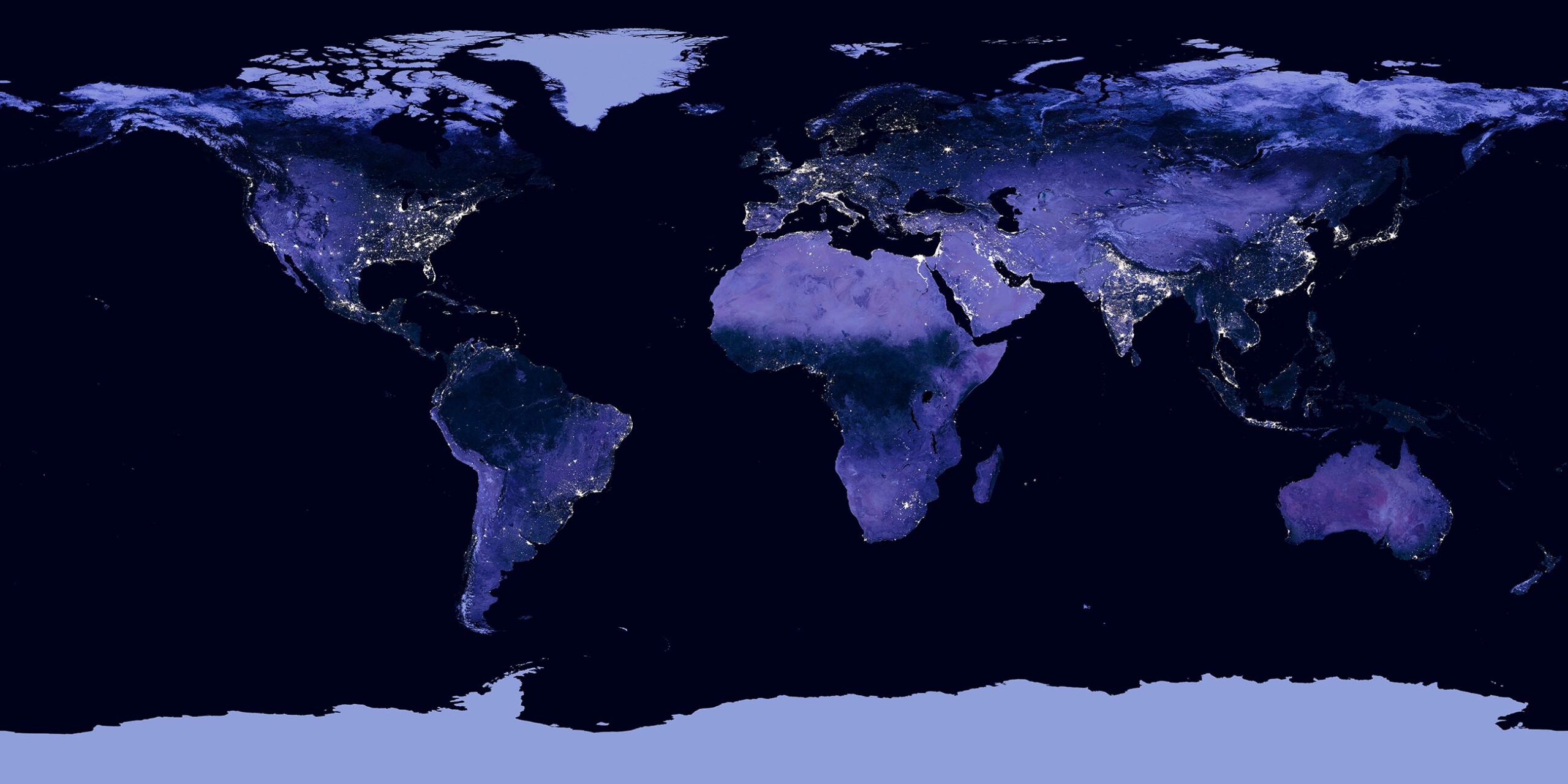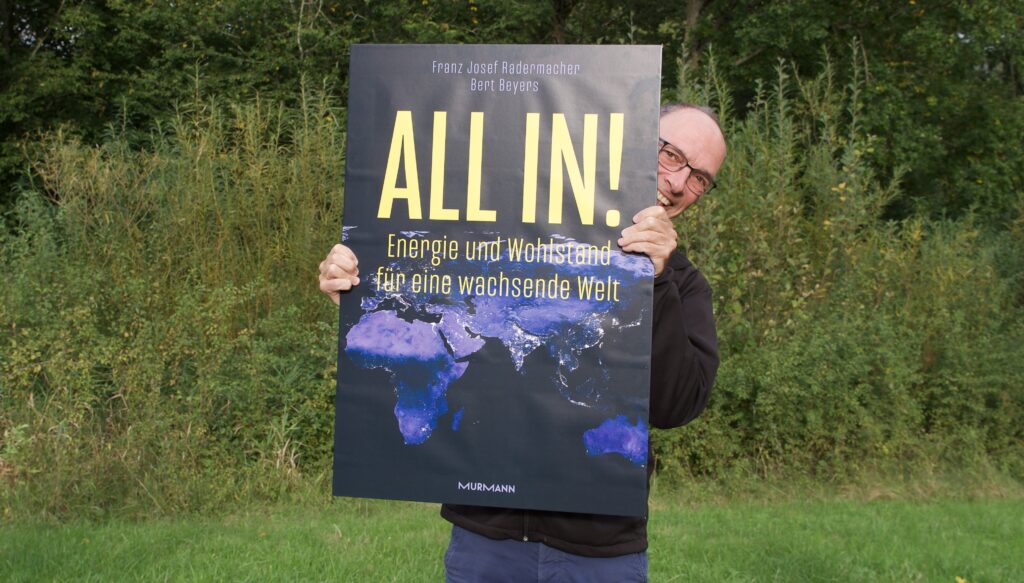
Newsletter
Subscribe to our Newsletter
Newsletter February 2026
Main topic: Ban on combustion engines – there is an easier and better way!
Nuclear fusion
Is the combustion engine ban coming to an end?
Brazilian forest plantations
Video: The Carbon Paradox – A Climate Action Drama
GES video: The lights could go out in Germany
Obituary Heribert Offermanns
Newsletter December 2025
Main topic: 5 guidelines for more effective and efficient climate policy in Germany and Europe
5 guidelines for more effective and efficient climate policy in Germany and Europe
Why Agenda 2030 still has a chance in the future
Review of the climate conference in Belém
IMPULS paper “Climate-neutral transport – saving costs with RED III
Is the German-European hydrogen strategy on track?
Why unilateral national climate policies have only symbolic effect
Newsletter October 2025
Main topic: Energy transition in Germany: Katherina Reiche's new course – thought through to the end
GES on the energy transition
The great potential of oil plants for climate-friendly fuels
Newsletter August 2025
Main topic: Global climate partnerships – the key to prosperity and climate stability
Newsletter June 2025
Main topic: Small Modular Reactors (SMR) - an opportunity for Germany
Newsletter April 2025
Main topic: Gamechanger Carbon Capture and Storage/ Utilization (CCUS)
Germany urgently needs CCUS
GES paper on Small Modular Reactors
ALL IN! vs. All Electric
Newsletter February 2025
Main topic: 8 points for an effective and affordable energy transition
8 points for an effective and affordable energy transition
Volatile renewables: why a balanced mix is crucial
New GES-Website
Newsletter December 2024
Main topic: Climate Change Conference (COP29) in Baku, Azerbaijan
